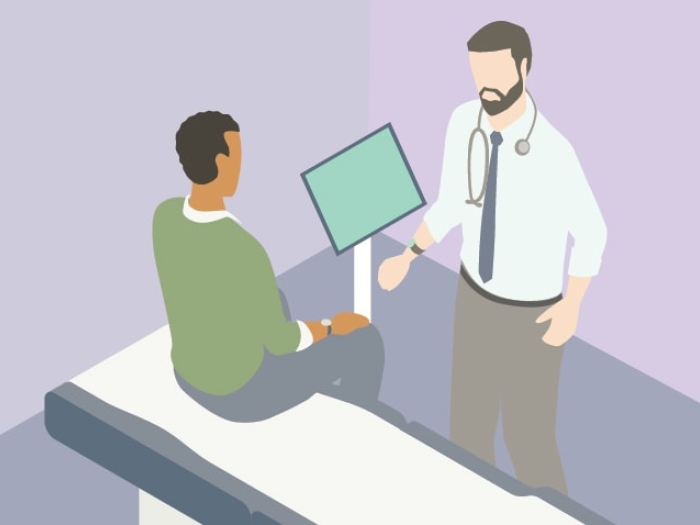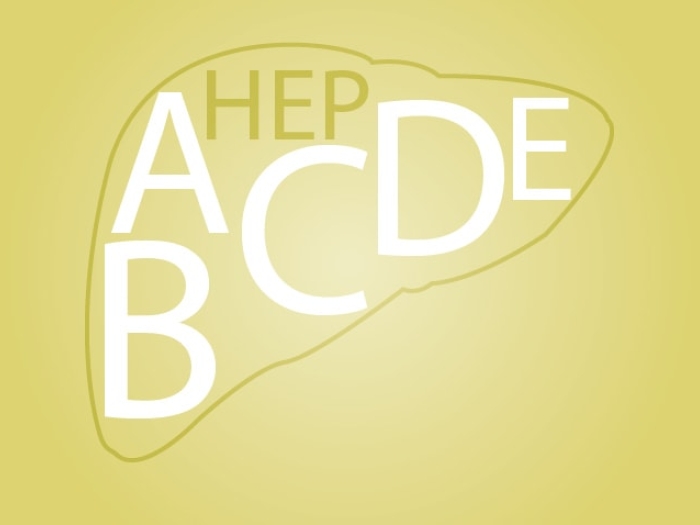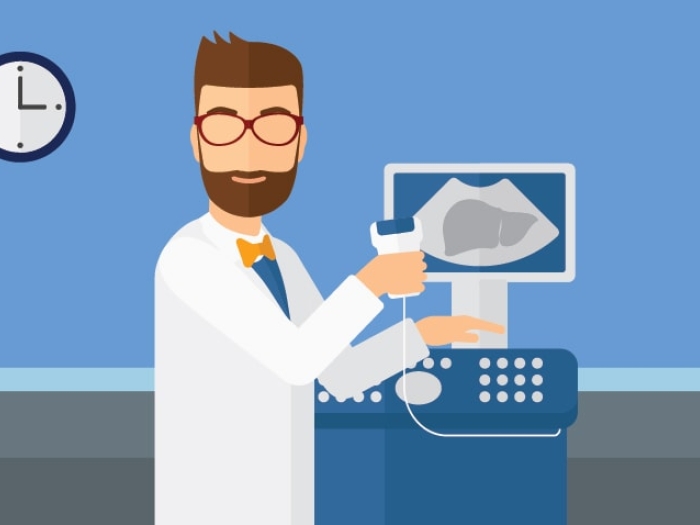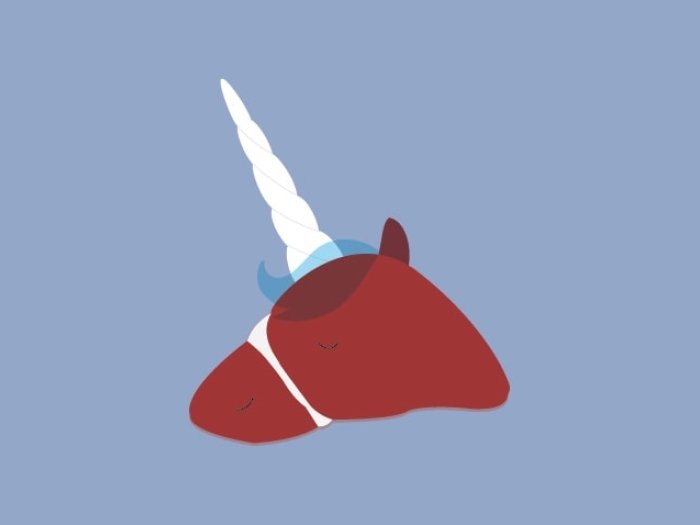The workhorse of the digestive system, the liver performs 500 functions that help keep the body healthy. Learn more about this essential organ.
7:00 AM
Author |

The liver deserves some glory.
After all, there's a lot to love. At more than 3 pounds, the liver is the size of a football and the human body's second-largest organ (behind the skin).
Tucked in the upper right abdomen under the ribs and below the diaphragm, it holds up to 13 percent of a person's blood supply and is a star player in the digestive system.
MORE FROM MICHIGAN: Subscribe to our weekly newsletter
More impressive than its size is its functionality.
What does the liver do? It performs 500 tasks to keep the body healthy, says Hellan Kwon, M.D., a clinical assistant professor of hepatology at the University of Michigan.
The key ones are metabolic.
"Anything that is eaten or consumed, whether it's food, alcohol, medicine or toxins, gets filtered by the liver. Once we ingest food, it is digested by the stomach and intestine, gets absorbed into the blood and goes to the liver," Kwon says.
The liver is smart. It knows when to detoxify, when to usher the toxins out of the body through urine or stool, when to store the nutrients and when to release them back into the blood.
It also keeps the amount of sugar in the bloodstream constant, Kwon adds.
Another liver function is when the it processes a meal, it removes sugar from the blood and stores it in the form of glycogen. When a person's blood sugar decreases, it converts that stored glycogen to glucose, adding the proper amount of instant energy into the bloodstream for the cells to use. Once the glycogen store is used, the liver will create glucose from other carbohydrates and a form of protein.
The liver is also a fat factory of sorts. It breaks down fats that are eaten, converting excess carbohydrates and protein into forms that are stored for later use, while synthesizing other fat, like cholesterol. The liver produces bile to help break down and absorb fats. Waste products and toxins are removed through bile. Bile, incidentally, gives stool its color, Kwon says.
The liver produces blood during fetal development and acts as a blood recycler during adulthood. It breaks down old or damaged blood cells. It knows to store the iron and various vitamins to use when those nutrients fall below what's needed in the bloodstream. It's also essential in releasing the plasma proteins necessary to clot blood.
How can I keep my liver healthy?
Although a ventilator can take the responsibilities of the lungs or an artificial heart pumps in lieu of a real one, a liver's functions are so complex that its only replacement is a transplanted liver. If liver disease sets in, it affects several organs, including the kidneys, lungs and heart.
SEE ALSO: How Does Living Liver Donation Work? 6 Things to Know
Keeping the liver healthy, then, takes being mindful about everything that's consumed.
Kwon suggests eating fresh foods and a well-balanced diet while avoiding alcohol and herbal supplements. Another crucial recommendation is skipping illicit drugs and other risky behaviors that might lead to viruses like hepatitis C.
But that's not all: Genetics and pure chance also play roles in the development of liver diseases.
Overall, the liver's uniqueness is what drew Kwon into hepatology. "The liver impacts so many other organs that I enjoy the complexity of liver disease and the management of it," she says.
This star player of the body deserves VIP status.
To make an appointment with Michigan Medicine's liver clinic, call 844-233-0433.

Explore a variety of health care news & stories by visiting the Health Lab home page for more articles.

Department of Communication at Michigan Medicine
Want top health & research news weekly? Sign up for Health Lab’s newsletters today!





